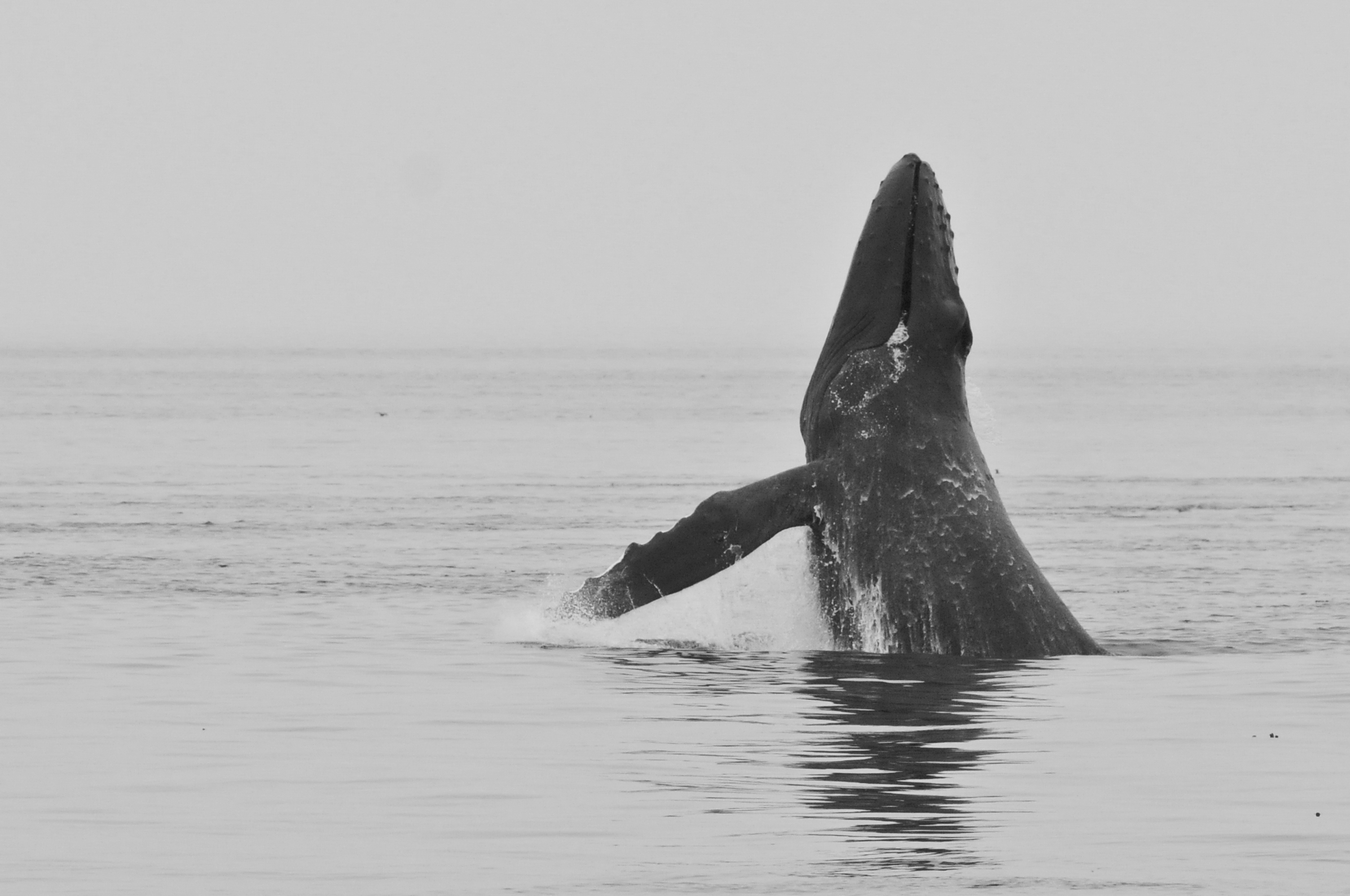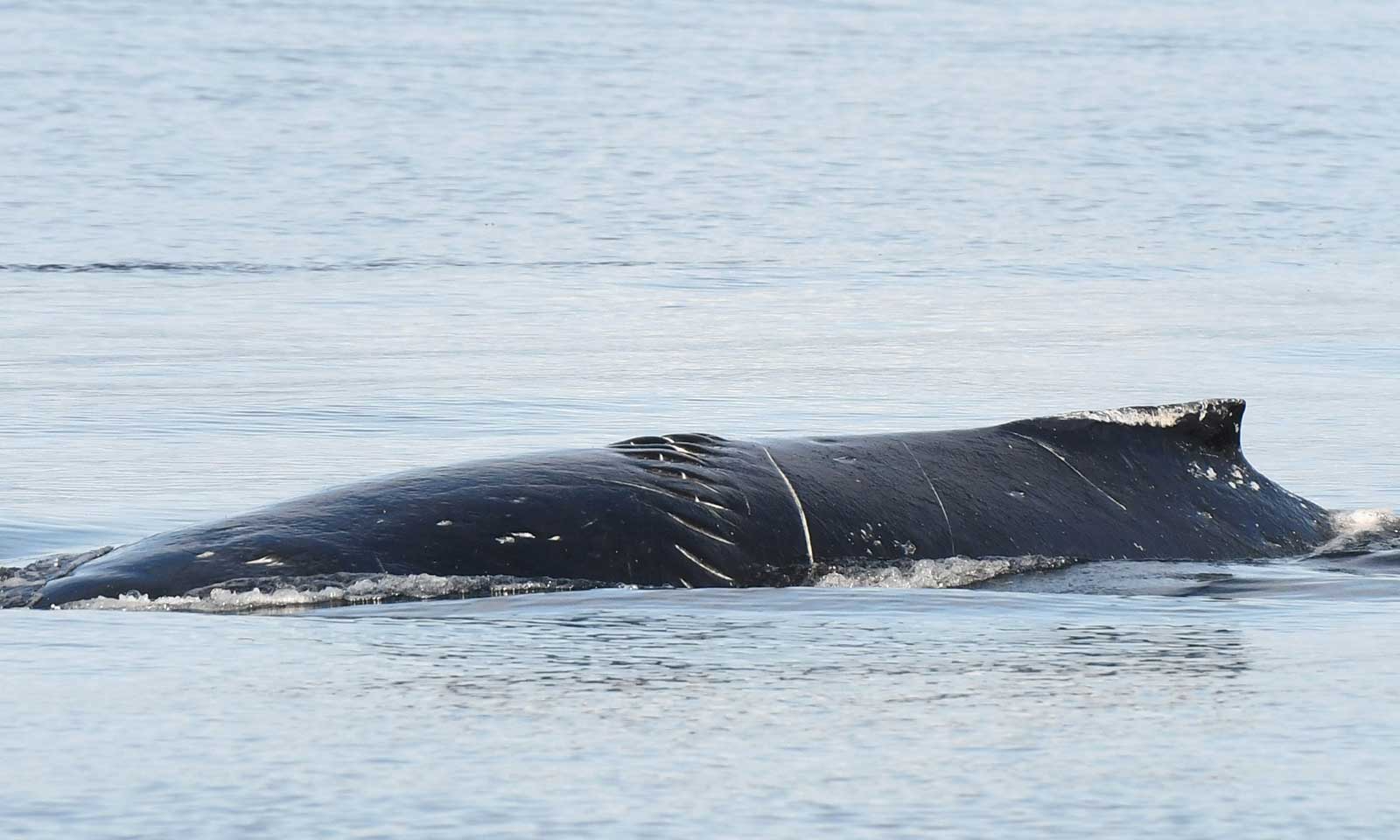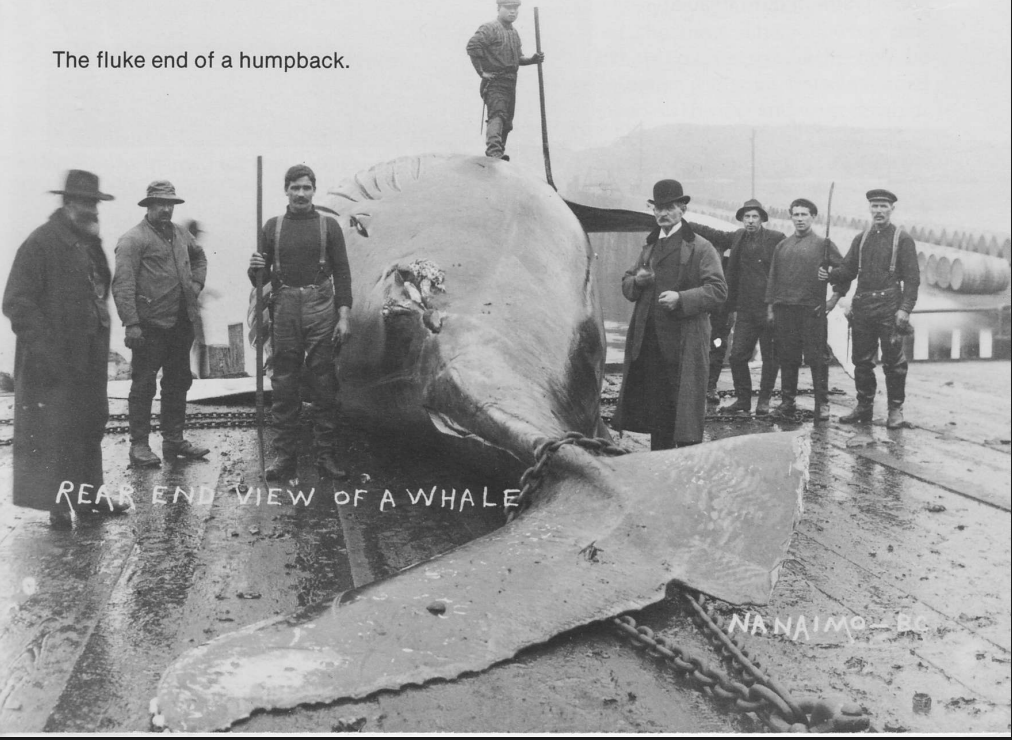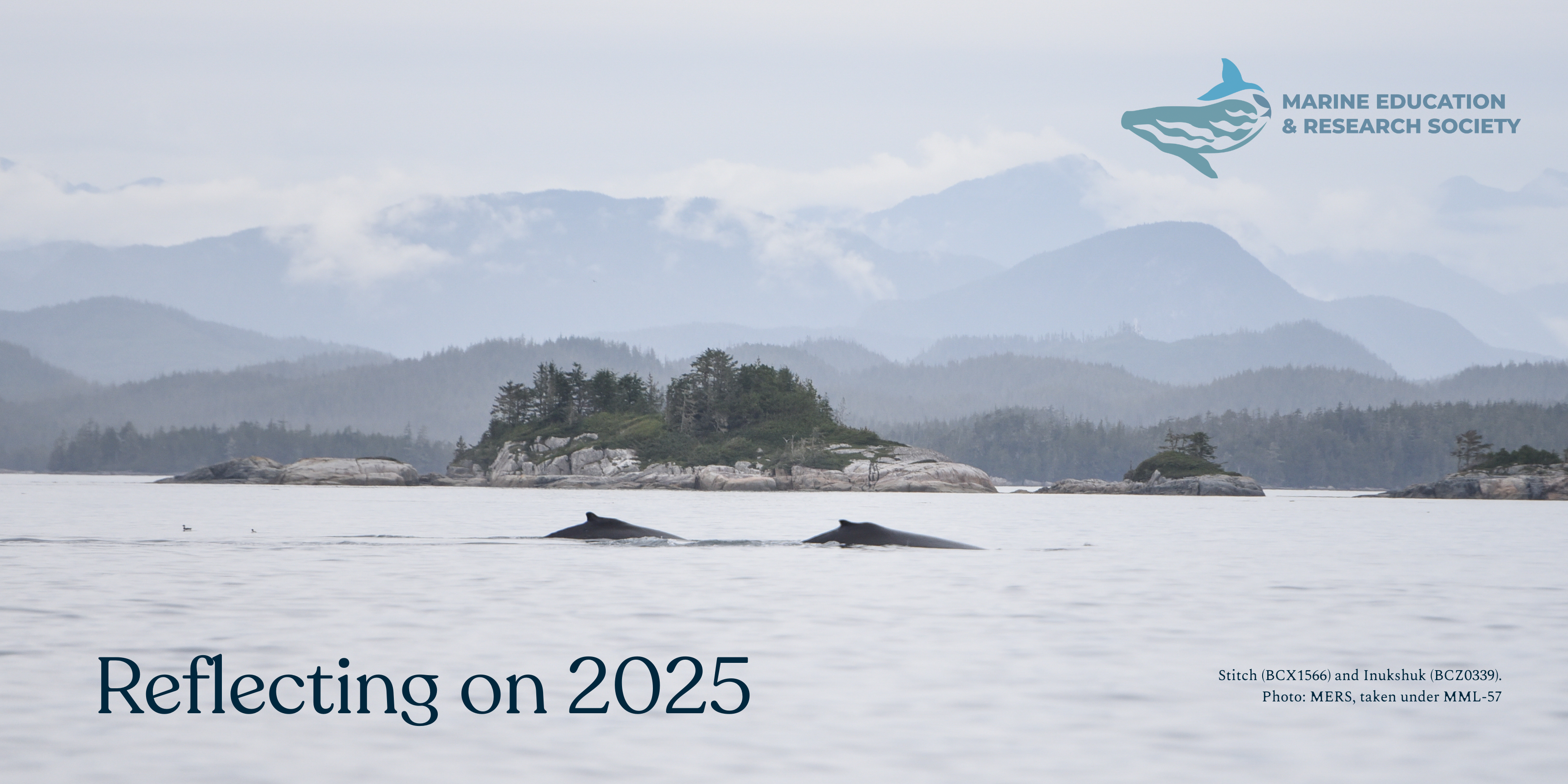One of the greatest thrills of being involved with Planet Earth III was not the filming process or even hearing Sir David Attenborough say the whale name “Conger”, it is knowing that the whales of Northern Vancouver Island have reached a global audience to inspire and galvanize action.
The role of these whales in Episode 7 was to provide hope. We collectively have a second chance with these whales after global commercial whaling very nearly wiped them out. With the Humpback comeback may we understand the importance of whales and that they need our protection to flourish.

Even though large whales have made a rebound, they face some significant modern-day threats. These include: vessel strikes; disturbance from underwater noise; prey shortages from climate change, habitat destruction and over-fishing; entanglement in fishing gear and marine debris; and polluting contaminants.
It can feel overwhelming.

The positive news is, no matter where you are in the world, you are connected to the whales. Your daily actions can directly support their conservation.
What you can do:
- Our consumer choices impact the number of large vessels plying the oceans, causing noise and ship strike risk for whales. Consume less and when needed, choose to shop locally and from businesses that manufacture in your country. This way, you reduce your contribution to the global movement of goods and the associated noise pollution, fossil fuel impacts on climate change, and threat of ship strike.
- Entanglement of whales in fishing gear and prey shortage of small schooling fish due to overfishing can be major issues. If you buy fish, choose options with an appropriate sustainability label or rating from organizations with a conservation mission. Support small-scale, traceable, local fisheries; knowing who caught your fish enhances accountability for legal and sustainable fishing.
- All drains eventually lead to water and all water eventually leads to the ocean. What you use in your home will eventually impact the ocean and its inhabitants. Choosing biodegradable products will help keep the marine environment safer for all. Push companies to clean up their act too with your consumer dollars.
- VOTE. Our governments have a lot of power to enact green policy that supports ocean and climate health. Your biggest impact can be in supporting decision makers who align with your conservation values.
- Show your support by donating to organizations that work diligently towards ocean and whale conservation. Might we suggest MERS?
Whales inspire hope, whales are ecosystem engineers that help fight climate change, whales are a crucial part of the ocean’s ecosystems. The world needs whales and whales need us to take action.


